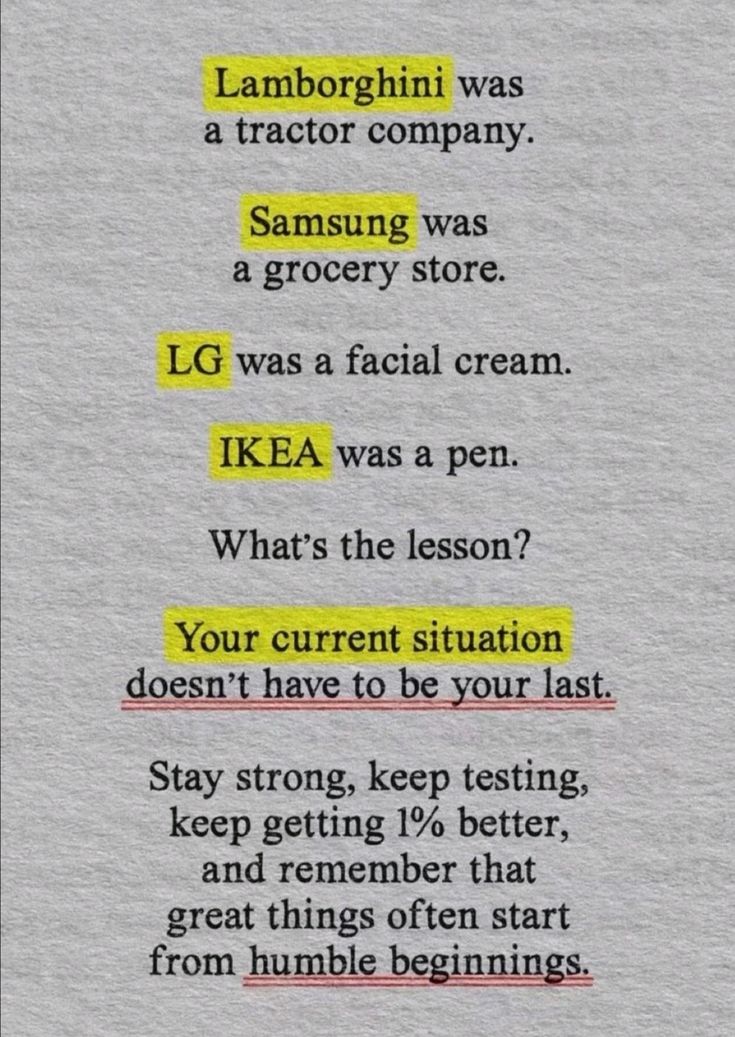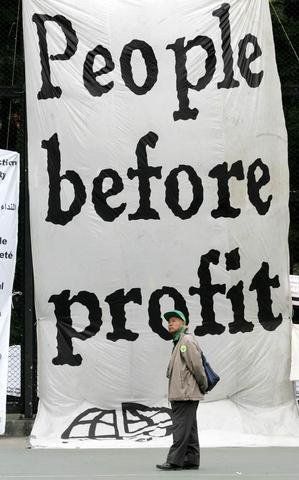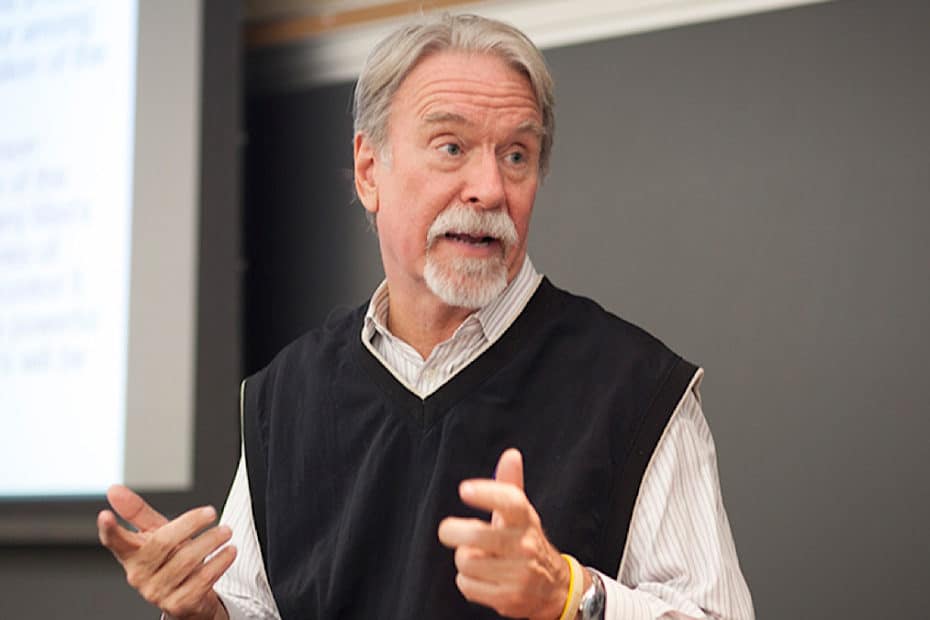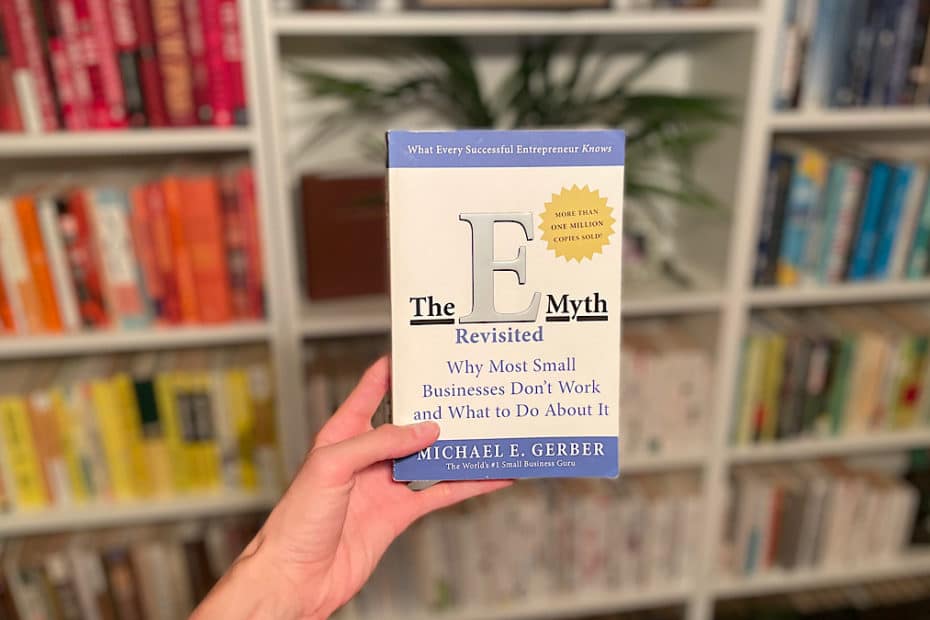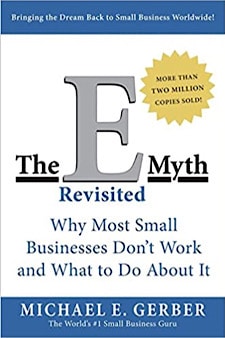“People always talk about ‘leaving money on the table’ like it’s a terrible thing. Why don’t you sell another digital product? Why don’t you do a mastermind? Why don’t you sell physical products? But no one ever speaks about the mental and emotional costs associated with managing all of that. I think we need to shift our perspectives.
April Perry, LearnDoBecome
– Why are you leaving ‘peace of mind’ on the table?
– Why are you leaving family time on the table?
– How about mental health and being ‘enough’ with what you already have and do?
– How is your connection with God?
– What’s the quality of your marriage?
– Can you sit and ‘just be’?
– Can you laugh and sing and truly relax with loved ones?
– Can you look at your relationships + natural + all God has given you, and sit in awe for a moment?
It doesn’t have to be ‘either/or’ but out of all of that, if I have my family’s financial needs covered, the FIRST thing I’ll leave on the table is money.”
“The real question we should ask ourselves is not ‘How big can we get?’ but instead ‘What kind of life do we want to live?’ The magic happens when we shift our focus from size to significance. We might discover that ‘enough’ is a lot less than we thought. Because we’re conditioned to believe that ‘more’ is synonymous with ‘better’. But often, it’s just synonymous with more stress, more time away from family, and more sacrifices.”
Justin Welsh
“I’m a firm believer in building our lives first – designing an existence that truly reflects who we are and what we value. And from there, growing businesses to fit that intentionally designed life. Not the other way around. Life shouldn’t revolve around scaling businesses. Businesses should revolve around enriching your life.”
Justin Welsh
“If it makes you a worse person (parent, neighbor, writer, whatever), it’s not success. If starting a business makes you a worse person—if it stresses you out, if it tears your relationships apart, if it makes you bitter or frustrated with people—then it doesn’t matter how much money it makes or external praise it receives. It’s not successful.”
Ryan Holiday
“One of the most common narratives on the internet is that you have to ‘go all in’ and ‘have no backup plan’ in order to be successful. People will cite the success of Elon Musk, Jeff Bezos, and Steve Jobs to further drive home their point. But this is simply survivorship bias. Instead of looking at Musk, Bezos, and Jobs, ask yourself this question instead: ‘How many people have tried to do what these three did, and failed?’ If 3 out of a million make it, it’s probably not the right choice for you. Instead, think about how you can start small and don’t flush years of your productive time down the drain on one ‘big’ idea.”
Justin Welsh
“Remember this: weak character will neutralize all of the other possible good qualities a person might possess. For instance, people of high intelligence but weak character may come up with good ideas and even do a job well, but they will crumble under pressure, or they will not take too kindly to criticism, or they will think first and foremost of their own agenda, or their arrogance and annoying qualities will cause others around them to quit, harming the general environment. There are hidden costs to working with them or hiring them.”
Robert Greene, The Daily Laws (Page 182)
“Good marketing can sell once, but only a good product can sell twice. In the long run, your performance reverts to the value you provide.”
James Clear, Blog
“Money supports our commitment to the practice. Money permits us to turn professional, to focus our energy and our time on the work, creating more impact and more connection, not less. And more importantly, money is how our society signifies enrollment. The person who has paid for your scarce time and scarce output is more likely to value it, to share it, and to take it seriously.”
Seth Godin, The Practice (Page 108)
“The ability to eagerly suggest an alternative to your work is a sign that your posture is one of generosity, not grasping.”
Seth Godin, The Practice (Page 88)
“If the only measure of your worth is in the outcome of a transaction, not in the practice to which you’ve committed, then of course it makes sense to cut corners and to hustle.”
Seth Godin, The Practice (Page 85)
“Selling can feel selfish. We want to avoid hustling people, and so it’s easy to hold back in fear of manipulating someone. Here’s an easy test for manipulation: if the people you’re interacting with discover what you already know, will they be glad that they did what you asked them to?”
Seth Godin, The Practice (Page 46)
11 J. Keith Murnighan Quotes from Do Nothing! to Help You STOP Micromanaging
Excerpt: “Doing nothing” is about learning how to stop micromanaging. Read our 11 quotes from Do Nothing! and learn how important this idea really is…
Read More »11 J. Keith Murnighan Quotes from Do Nothing! to Help You STOP Micromanaging
“You can obsess about serving your customers/audience/clients, or you can obsess about beating the competition. Both work, but of the two, obsessing about your customers will take you further.”
Kevin Kelly, Blog
12 Motivational Michael Gerber Quotes from The E-Myth Revisited
Excerpt: Small business guru Michael Gerber will help you become a successful entrepreneur. These quotes from The E-Myth Revisited will get you going.
Read More »12 Motivational Michael Gerber Quotes from The E-Myth Revisited
The E-Myth Revisited [Book]
Book Overview: E-Myth \ ‘e-,’mith\ n 1: the entrepreneurial myth: the myth that most people who start small businesses are entrepreneurs 2: the fatal assumption that an individual who understands the technical work of a business can successfully run a business that does that technical work. Small business consultant and author Michael E. Gerber walks you through the steps in the life of a business—from entrepreneurial infancy through adolescent growing pains to the mature entrepreneurial perspective: the guiding light of all businesses that succeed—and shows how to apply the lessons of franchising to any business, whether or not it is a franchise. Most importantly, Gerber draws the vital, often overlooked distinction between working on your business and working in your business.
Buy from Amazon! Listen on Audible!
Not enough time to read entire books? Check out Blinkist and get the key insights from popular nonfiction books in a fraction of the time. ‘Busy’ isn’t an excuse.
Post(s) Inspired by this Book:
“We’ve fast become a world of things. And most people are being buried in the profusion. What most people need, then, is a place of community that has purpose, order, and meaning. A place in which being human is a prerequisite, but acting human is essential. A place where the generally disorganized thinking that pervades our culture becomes organized and clearly focused on a specific worthwhile result. A place where discipline and will become prized for what they are: the backbone of enterprise and action, of being what you are intentionally instead of accidentally. A place that replaces the home most of us have lost.”
Michael Gerber, The E-Myth Revisited (Page 207)
